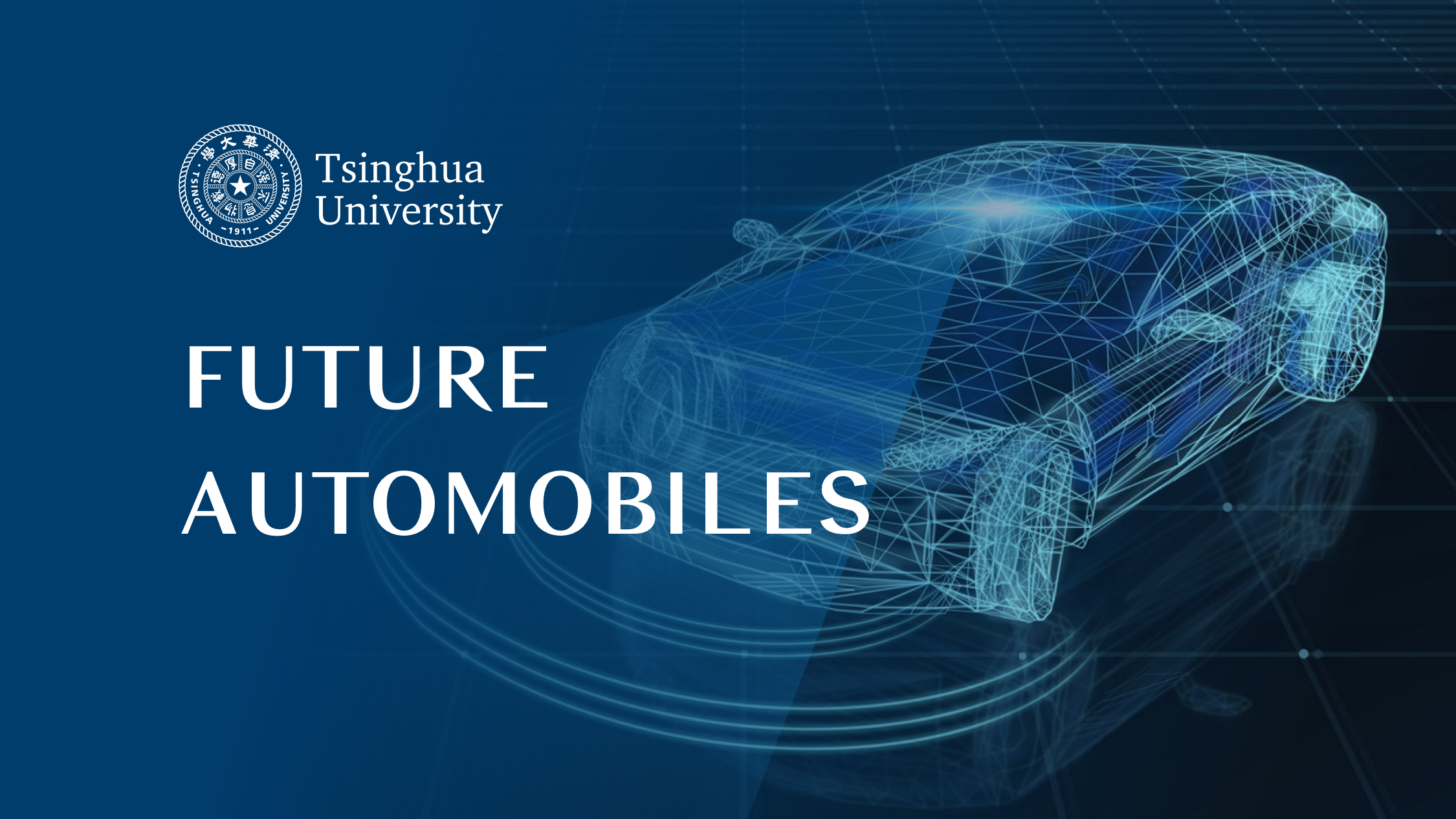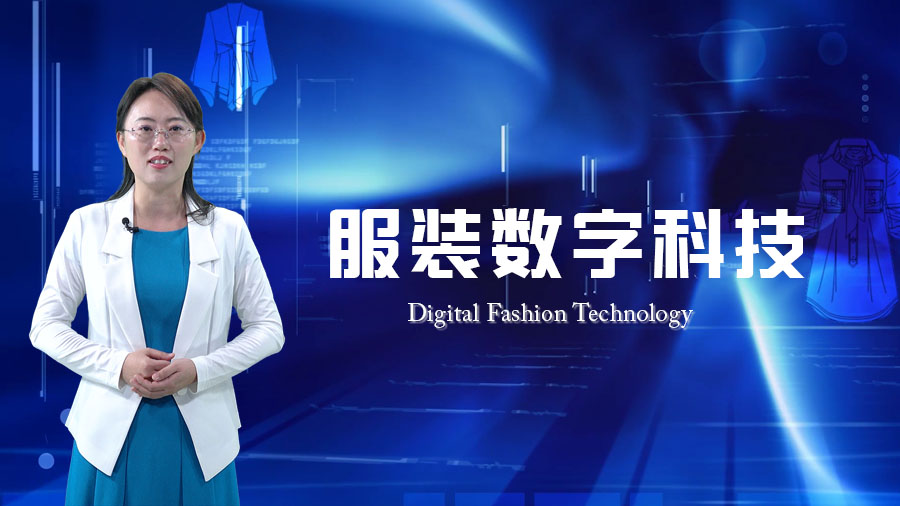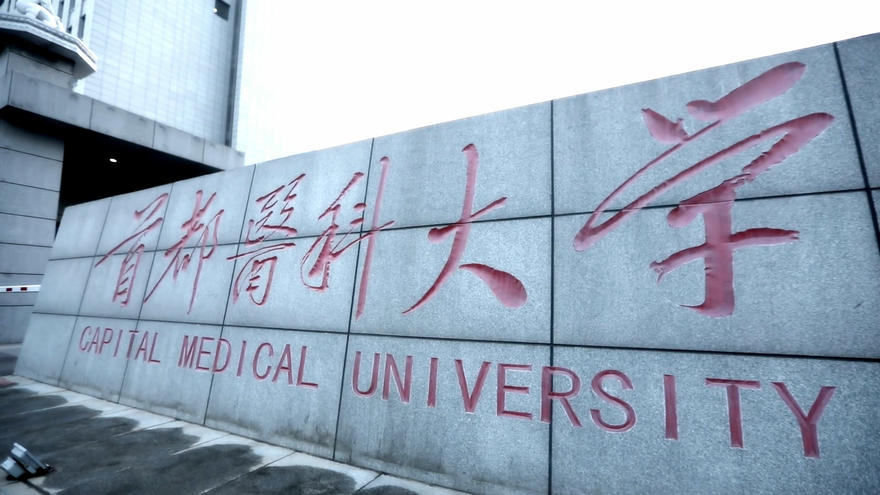
 |
About The Course
Under the global industrial technological reform featuring low-carbonization, electrification, intelligence, and connectivity, smart electric vehicles as mobile connected nodes, smart mobile terminals, as well as smart energy storage devices, have become a key unit in extensive smart transportation, smart city and smart energy system, affecting the future trends of key technology fields such as new energy, environment, interconnection, communication, and intelligence, serving as important technologies to promote energy transformation and achieve carbon neutrality. After taking this course, students will master the basic knowledge, basic concepts and key technologies of smart vehicles. Students interested in future automotive technologies are welcome to sign up for this course.
Course Staff
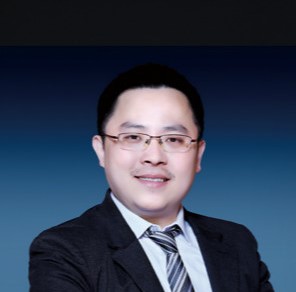
Xu Liangfei, Associate Professor, Scholar of Alexander von Humboldt Foundation of Germany
He studies the mechanisms, designs, diagnoses and control of high-efficiency and long-life hydrogen fuel cell power systems, including:
(1) Stack dynamic mechanism, flow channel design, intelligent sensing and in-situ diagnosis;
(2) Performance degradation mechanism, diagnosis and health management based on big data;
(3) System optimization and matching, water and heat management and coordinated control;
(4) Vehicle “cold-heat-hydrogen-electricity” energy management and “person-vehicle-stack” hierarchical coordinated control.
Xu has participated in more than 30 scientific research projects as the person in charge, and presided over a number of national, provincial and ministerial projects. He has made significant achievements in energy management, water and heat management and health management of proton-exchange membrane fuel cells.
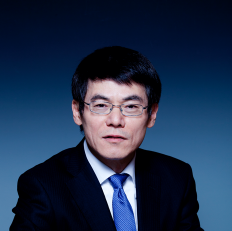
Zhou Qing, research areas: automobile collision safety, structural and material collision failure, battery collision safety, lightweight automobiles, occupant and pedestrian collision protection, and injury biomechanics. Zhou serves as a member of the Academic Committee of Tsinghua University, Chairman of the Vehicle Safety Technology Committee of the Chinese Society of Automotive Engineering, Associate Editor of International Journal of Impact Engineering (IJIE), member of International Research Council on Biomechanics of Injury (IRCOBI), member of American Society of Mechanical Engineers (ASME), and member of American Society of Automotive Engineers (SAE International).
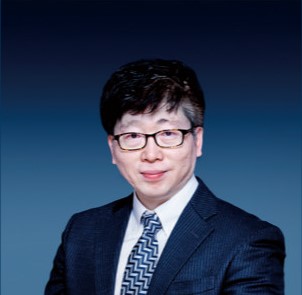
Wang Bo, research areas: automobile exterior design, automobile exterior innovative and conceptual design, analysis of automobile enterprise design and brand strategies, and design management. In 2001, Wang joined the Department of Automotive Engineering of Tsinghua University in developing the concentration of automobile exterior and body design, opened and taught a number of main design courses. In 2003, he founded Tsinghua University’s Automobile Design Center. He has provided professional design services for automobile companies, and presided over a number of important design projects. In 2012, he was invited to serve as a visiting professor at the Politecnico di Milano, Italy. From 2009 to 2010, as a visiting scholar, he studied at the School of Art and Design, Coventry University, the Royal College of Art and other art and design schools in Europe, and set up international design courses and held personal design exhibitions. During the period, he also participated in and presided over a number of international cooperative research and design projects. In 2004, he was invited to offer design courses in Germany, Japan and other countries.

Dr. Xianyuan Zhan is a research assistant professor at the Institute for AI Industry Research (AIR), Tsinghua University. Before joining AIR, Dr. Zhan was a data scientist at JD Technology and also a researcher at Microsoft Research Asia (MSRA). Dr. Zhan previously led the research and development of AI-driven industrial system optimization products at JD Technology. He has published more than 30 papers in top international journals and conferences, and applied for more than 20 patents. Dr. Zhan is also a reviewer for many top transportation and computer science journals and conferences. He is currently a committee member of China Computer Federation-Artificial Intelligence (CCF-AI) & Pattern Recognition Committee.
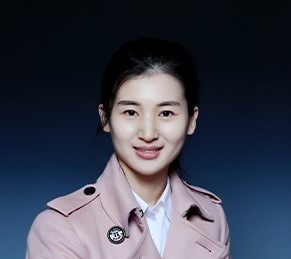
Wang Hong, research areas: safety decision planning of intelligent connected vehicles, safety of the intended functionality (SOTIF) of intelligent connected vehicles, ethical decision-making of intelligent connected vehicles, and safety evaluation of intelligent connected vehicles. Wang has been selected into the “Young Talents Promotion Project” of the China Association for Science and Technology (2020), and presided over the projects including “Self-Driving Decision-Making SOTIF Cognition Mechanism and Application” under China’s National Natural Science Foundation, “SOTIF Real-Time Assessment and Protection Technology for Unmanned Transportation Vehicles” (Project No.3 of “Key Technologies and Application of Intelligent Integrated Control and Safety Assurance for Road Vehicles”) under the National Key R&D Program of China’s Ministry of Science and Technology, and “Research on SOTIF of Intelligent Shared Vehicles in Cities”, project in cooperation with China Intelligent and Connected Vehicles (Beijing) Research Institute.
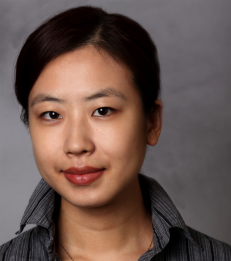
Dr. Jingjing Liu received the PhD degree in Computer Science from MIT EECS. She also holds an MBA degree from Judge Business School (JBS) at University of Cambridge. Dr. Liu was Senior Principal Research Manager at Microsoft, leading a research group in Multimodal AI, centering on Vision Language Multimodal Intelligence, the intersection between Natural Language Processing and Computer Vision. Before joining Microsoft Research, Dr. Liu was Research Scientist at MIT CSAIL, with the research focus on Spoken Dialogue Systems.
Research Fields:Multimodal AI, Natural Language Processing, Large-scale Pre-training, Adversarial Learning
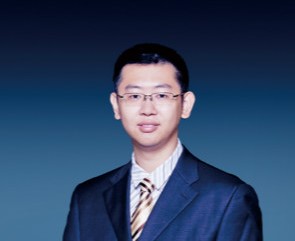
Xu Qing, research areas: self-driving systems, vehicle telematics and application, and connected vehicles
President, Distributed Control Methods for Connected Self-Driving Fleet Vehicles under Limited Perceived Information, Young Scientists Fund of National Natural Science Foundation of China
President, Research on Distributed Tasks and Behavior Decision Algorithms of Connected Self-Driving Vehicles, China Postdoctoral Science Foundation
Core member, Research on Key Technologies for Perception, Decision-Making and Control of Smart Electric Vehicles, Key R&D Program of National 13th Five-Year Plan
Core member, Research on and Product Development of Key Technologies for Intelligent Driver Assistance of Electric Vehicles, Key R&D Program of National 13th Five-Year Plan
Core member, international cooperation project, Tsinghua University (Department of Automotive Engineering)-Nissan Joint Research Center for Intelligent Mobility

Hao Han, Associate Professor, Doctoral Supervisor
Member of the Youth Work Committee of the China Society of Automotive Engineers
Executive member of the Energy & Resource Systems Engineering Committee of the Systems Engineering Society of China
Member of the International Federation of Automotive Engineering Societies (FISITA)
Member of the Energy Economics and Management Committee of the China Society of Optimization, Overall Planning and Economical Mathematics
Deputy Secretary-General of the Technology Management Committee of the China Society of Automotive Engineers
Editorial board member of Post-Paris Agreement Climate Change Mitigation in Developing World, special issue of Frontiers in Energy (journal of the Chinese Academy of Engineering Energy)
Associate Editor of Automotive Innovation
Editorial board member of Sustainable Mobility in China and its Implications for Emerging Economies, special issue of Journal of Sustainable Mobility
Hao was listed China’s Most Cited Researchers by Elsevier in 2020, and has been selected into the “Young Talents Promotion Project” of the China Association for Science and Technology

